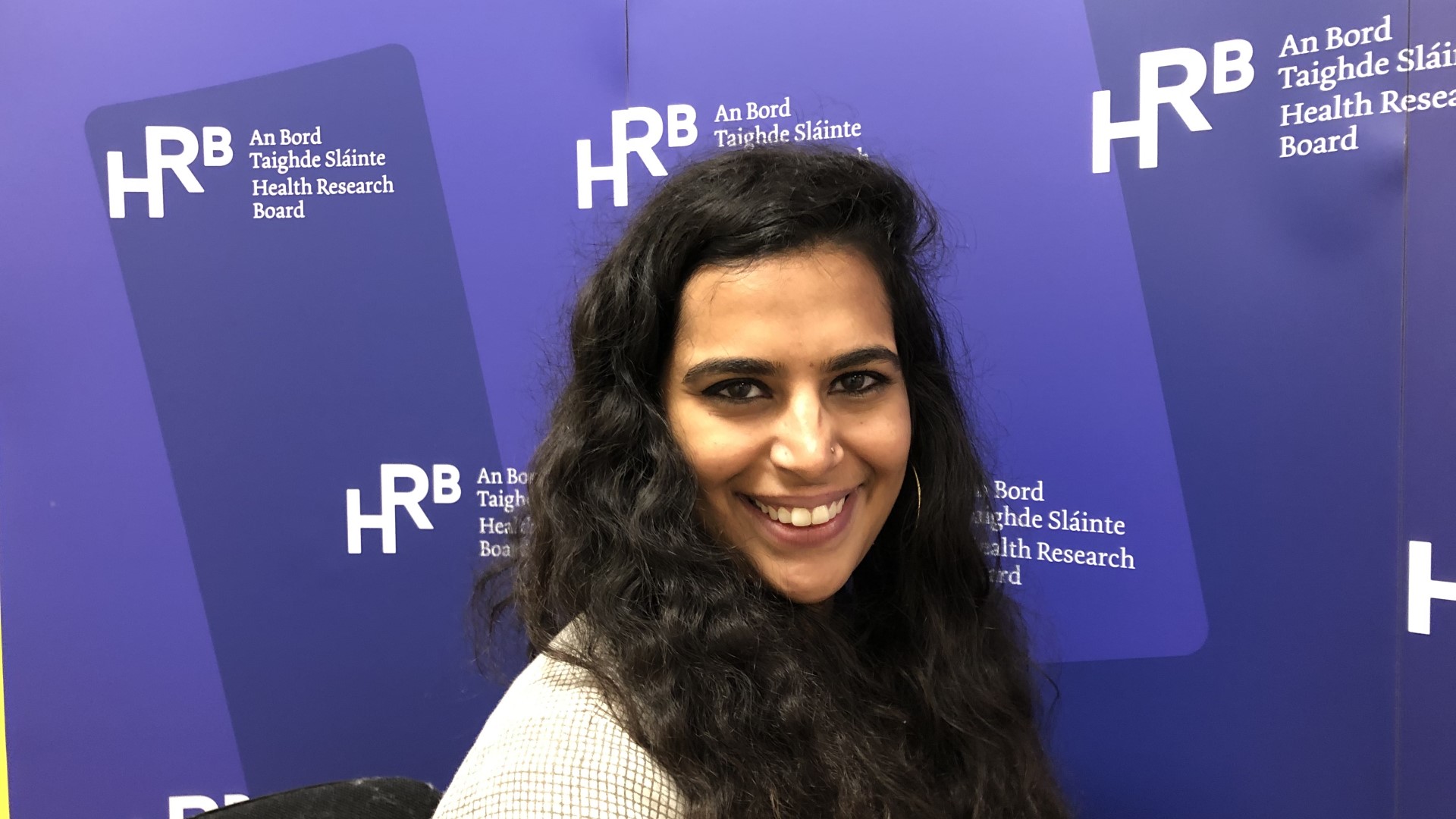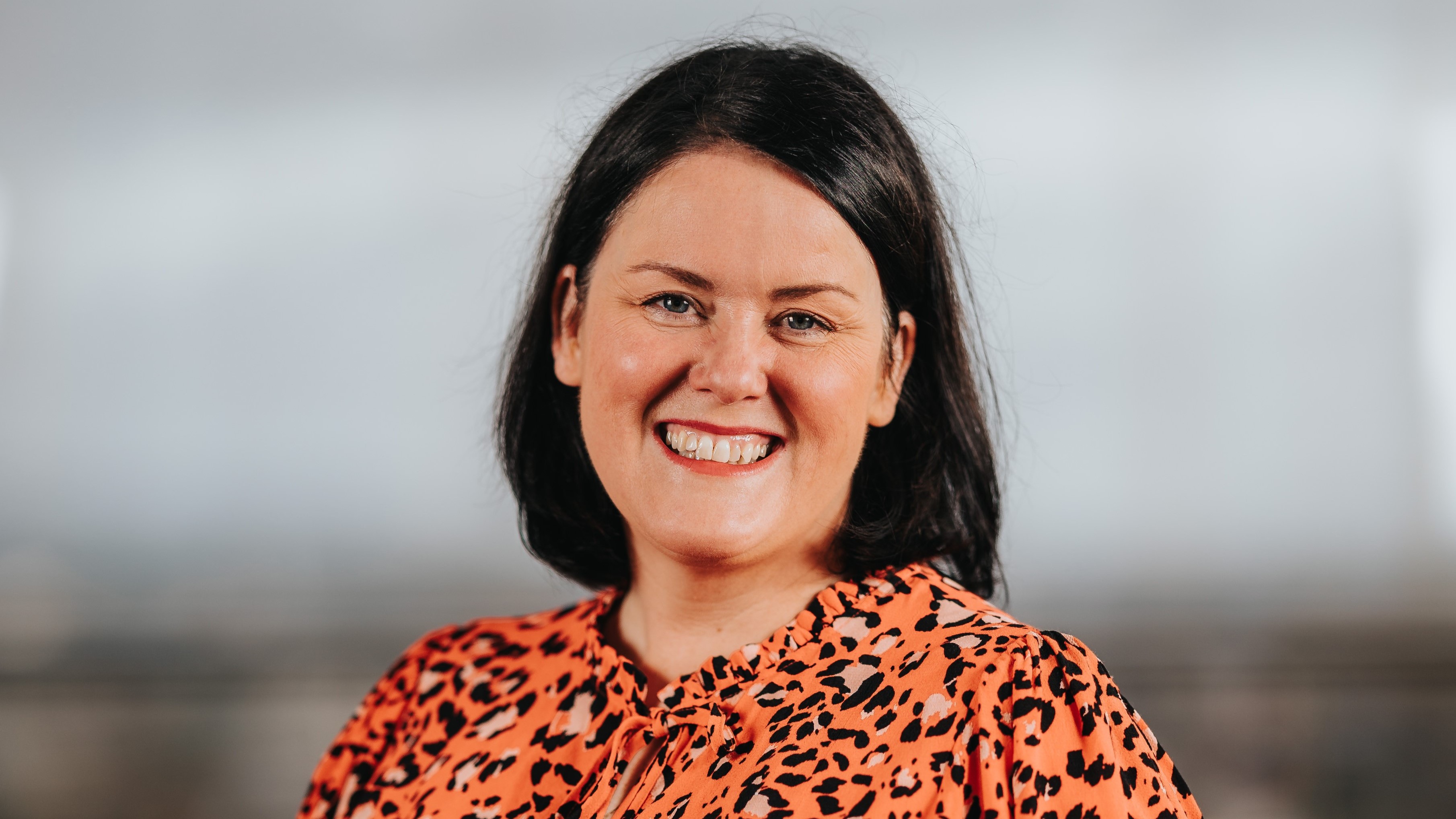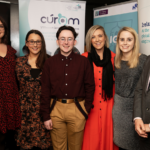Researchfish: A new era of netting HRB research outcomes
What happens after research? When the paper is published, or the findings are presented to experts, policy makers, the public? What happens as a result of all those months and years of hard work?
4 min read - 26 Aug 2024

As a funder, it can be difficult for the HRB to capture the follow-on from our funded research, but that’s all changing.
This year, the HRB introduced a new online reporting system, Researchfish, for our grants. It is a tool that allows researchers to report research outcomes, and it enables the HRB to gather and evaluate these important insights.
By capturing detailed information about the impacts and outputs of research projects, Researchfish allows funding organizations like the HRB to demonstrate the value and impact of funded research. This information is crucial for assessing the return on investment in health research and guiding future funding decisions.
Diversity of research outcomes
The first submission period for Researchfish ended in March this year, and we are pleased to report the successful collection of a rich dataset representing a wide array of research outputs.
The dedication and hard work of our researchers have been instrumental in compiling this comprehensive data, and we extend our sincere gratitude to all involved.
During this submission period, we requested feedback from 365 awards, and had an 85% compliance rating.
Researchfish was designed to collect concise, structured data on a wide range of Research outputs and outcomes throughout the funding period and for several years after the grant has ended. Examples of such outputs include:
- Collaborations and partnerships
- Further funding
- Influence on Policy, Practice, Patients and the Public, etc.
Analysing the data
With the data collection phase complete, our team is now focusing on analysing this dataset.
The goal is to extract meaningful insights that will inform both our strategic planning and our understanding of the broader impacts of research funded by HRB.
As an example of the kinds of rich insights coming through, we learned more through Researchfish about an Investigator-Led Project (ILP) funded in 2019 and led by Professor Keelin O’Donoghue from University College Cork. It explored the impact of dedicated recurrent miscarriage clinics in the Republic of Ireland. The award, totalling €443,883, concluded in 2023.
One of the main contributions to policy and practice from this award was the creation of the National Bereavement Advisory Group under the National Women and Infants Health Programme for the HSE.
The purpose of the advisory group was to oversee the ongoing development and progress of the National Standards for Bereavement Care Following Pregnancy Loss and Perinatal Death across the 19 Maternity Units in the Republic of Ireland. Professor O’Donoghue (Chair of the Advisory Group) and post-doctoral research Marita Hennessy played pivotal roles in influencing the group’s work and the implementation of the Bereavement Standards.
Additionally, evidence generated through this project was used within the national recurrent miscarriage guideline and has led to new/improved professional practice. It has also been cited in policy documents e.g. PLACES: Pregnancy Loss in Workplaces: Informing policymakers on support mechanisms.
Future insights
While the data submission phase has concluded, the journey of understanding and leveraging this information has only just begun. Our team will be analysing the data to highlight trends, identify key outcomes, and generate reports that reflect the substantial contributions of your research to the health sector. There is still much work to be done, and we are committed to this important task.
We anticipate that this in-depth analysis will not only help showcase the importance of your work but also identify areas for future improvement and investment. The insights from this analysis will be shared in due course.
Our researchers’ efforts have helped to create a robust dataset that will play a crucial role in shaping the future of health research funding and policy. Indeed, the dataset will get stronger the more we add to it over the next number of years.
We are excited about the potential insights that will emerge from this analysis and look forward to sharing these findings with you.
– Vydehi Muppavarapu, Programme Manager, Monitoring and Evaluation.
4 min read - 26 Aug 2024



